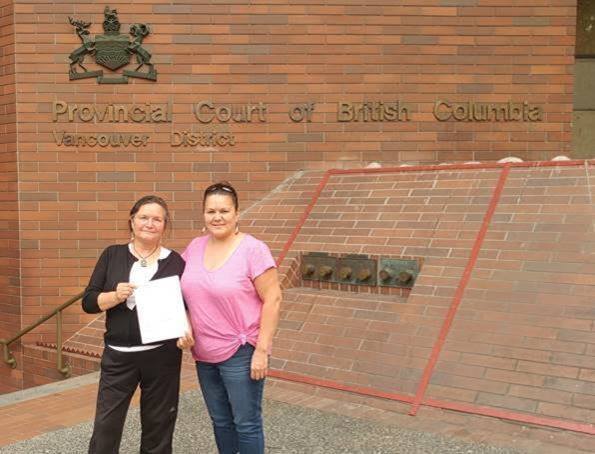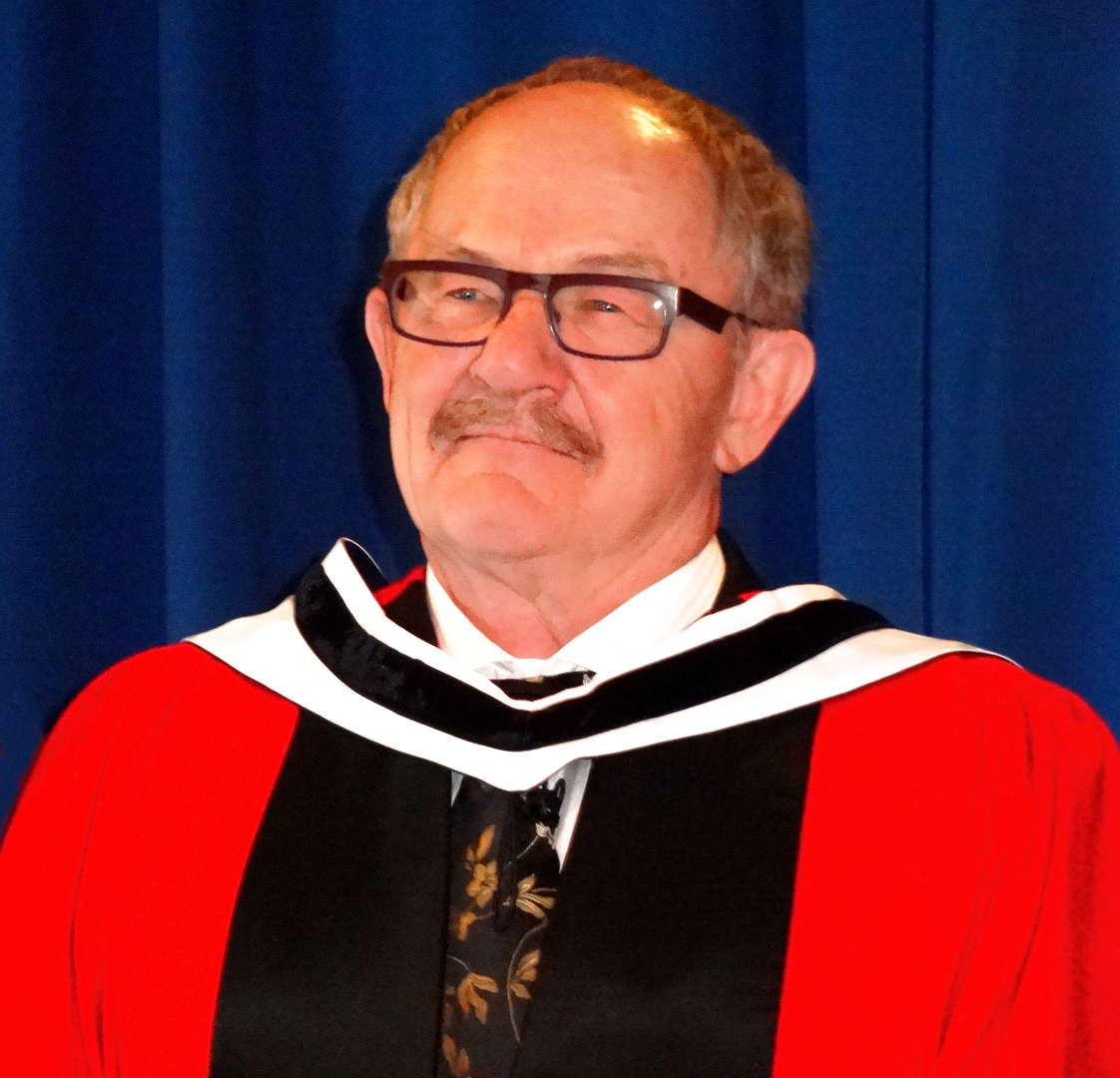As events in the Western United States have proven in the past few years, fresh water is an increasingly precious natural resource. That reality has been driven home here in British Columbia this summer, with strict watering bans now in place in response to ever-diminishing reservoirs.
It’s against this backdrop that a full-fledged revolt has begun over the provincial government’s decision to give our fresh water away to corporations effectively for nothing. It is a policy that urgently needs to be reviewed.
Under regulations in an otherwise commendable piece of new legislation – the Water Sustainability Act – the B.C. government will begin charging companies a small fee to access the province’s groundwater. (Now it is free.) One of the biggest corporate users of that groundwater is the Swiss multinational Nestlé SA, which does business in this country.
Starting in 2016, the government will begin charging Nestlé Waters Canada (and other industrial users) a fee of $2.25 per million litres of water. Yes, you read that correctly. Nestlé can withdraw a million litres of some of the finest drinking water anywhere in the world for the price of one of their chocolate bars. It takes about 265 million litres of the liquid gold every year for the outrageous sum of $596.25 – or the cost of a backyard barbecue.
Then it turns around, packages it in clear plastic bottles and sells it as “pure natural spring water” – and makes millions doing it.
One doesn’t have to stare too long at this picture to conclude there is something dreadfully wrong. Tens of thousands have come to the same conclusion, signing an online petition that has now reached 160,000. Campaign director Liz McDowell says she will present it to Environment Minister Mary Polak once it has reached 200,000 – which, given the growing public anger over this matter, shouldn’t be much longer.
The minister’s position on the issue has been: We don’t sell our water here in B.C. (which sets up the obvious punch line: No, we just give it away). While it may be true that the public has always believed water should be free, I don’t think it has ever said corporations should be allowed to suck the increasingly precious resource out of the ground for peanuts so they can turn around and make a fortune.
Why should water be any different than oil or natural gas? We don’t give those away for nothing. You could fairly argue water is a far more important resource than either oil or natural gas, even if right now it may feel like we have far more of the former. That’s what California thought once upon a time too. Now it’s tapping into groundwater to survive arguably the worst drought in its history.
If the government is determined to let corporations access our freshwater reserves, at least let them pay something resembling a meaningful price for it. The $2.25 it plans on charging in 2016 compares to the $70 per million litres that Quebec assesses its industrial users and the $140 per million litres that Nova Scotia charges. Personally, I think even those rates are too low.
What’s additionally perplexing is that B.C.’s new pricing policy has been set by the same government that is constantly complaining about how little money it has for the incessant demands being made in health care and education, among other areas. Yet here it is giving away one of the planet’s most precious commodities for essentially nothing.
Under the Water Sustainability Act, the meagre fees and rental prices the government is charging companies are intended to cover the cost of administering the new legislation. However, some academics have already publicly expressed skepticism that the fees will be sufficient to cover the $8-million it’s estimated to cost to oversee the new regulations.
The whole thing seems like madness to me, especially in the ever-changing climate environment in which we live.
Maybe once upon a time the public didn’t care if the government gave water away. I think it does now. And I’m confident the minister will soon see the names of at least 200,000 people who disagree with her on this issue. I’m equally sure those names represent but a fraction of those who think it’s time to reconsider this unconscionable corporate giveaway.
/s3.amazonaws.com/arc-authors/tgam/6d18784d-53a9-484f-9164-e998d6ac64d9.JPG)













